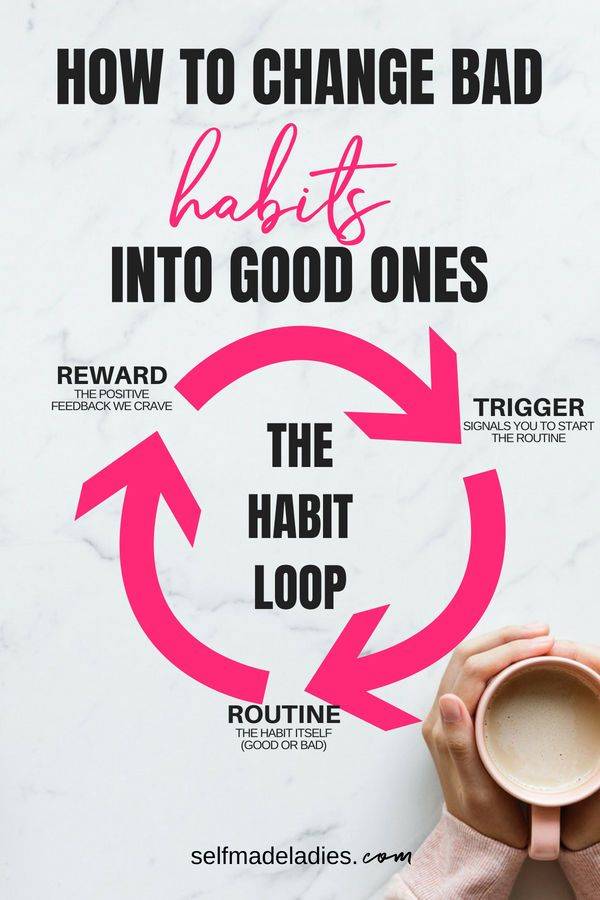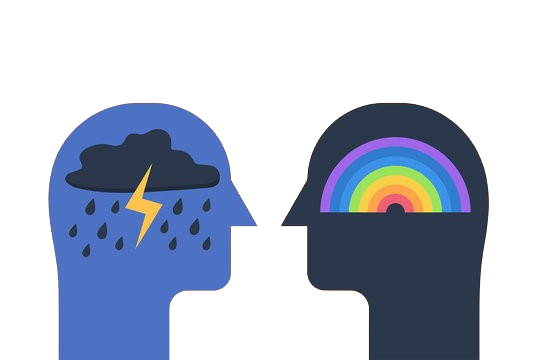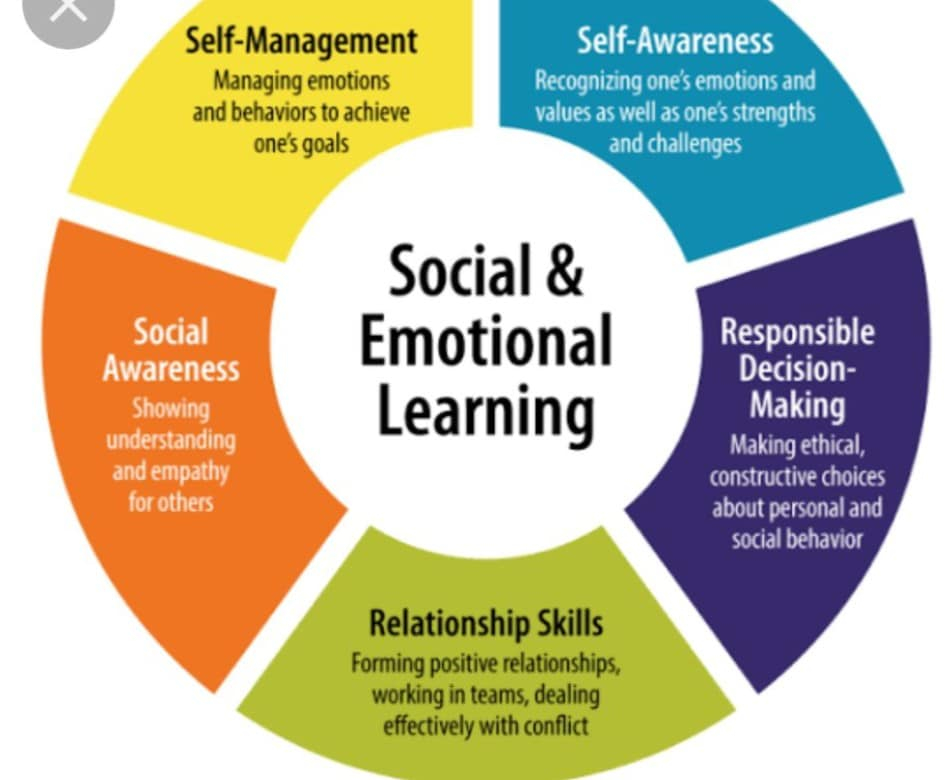Steps to Change Unhealthy Habits
Steps to Change Unhealthy Habits
25-Jan-2022
The process—in which the brain converts a sequence of actions into an automatic routine—is known as 'chunking,' and it's at the root of how habits form. Why do Habits Emerge? Habits, scientists say, emerge because the brain is constantly looking for ways to save effort.
James Clear, an author and ideas advocate, categorizes the creation of all habits (whether good or bad) as a result of the three Rs: Reminder, Routine, and Reward.
Our brains form neural pathways–connections between neurons –that get stronger the more often we perform a task. And when we perform a task enough times, we no longer have to think about how it's done. This is when it becomes a habit.
10 More Steps to Change Unhealthy Habits:
First, love yourself into change. The concept is simple. Use some compassion with yourself and notice that your unhealthy behavior is probably an alert that something is off-kilter in your life. Love yourself enough to make some changes. Don’t wait until you hit “rock bottom” to have to make the change.
Most unhealthy habits are in reaction to stress: excessive work (or hating your job), loss, worry, and avoidance of the tough stuff. These kinds of stressors can paralyze us. Change becomes harder than ever and we compensate for the stress by exercising behaviors that, though they are unhealthy, serve a clear purpose for us—whether physical, emotional, or psychological.
1. Identify the habits you want to change.
2. Look at what you are getting out of it.
3. Honor your own wisdom.
4. Choose something to replace the unhealthy habit.
5. Remove triggers.
6. Visualize yourself changing.
7. Monitor your negative self-talk.
8. Take baby steps, if necessary.
9. Accept that you will sometimes falter.
10. Know that it will take time.
Habits don’t change overnight. Love yourself each time you do and remind yourself that you are human. Even if you can’t fully follow through with a new habit right away, do something small to keep yourself on track. For example, if you’ve blocked out an hour to exercise and you suddenly have to go to a doctor’s appointment, find another time to squeeze in at least 15 minutes. That way, you’ll reinforce your new habit, even if you can't commit 100 percent. Habits usually take several weeks to change. You have to reinforce that bundle of nerves in your brain to change your default settings.
More Blog
Mental health needs to notice in Bangladesh
12-Sep-2024Like other countries Mental health is one of the warning issues in Bangladesh gradually. Though the immense consequences of this... read more
Happiness tips:
02-Apr-2022Happiness is also one of the important aspects of positive psychology and wellbeing. Do something you enjoy every day, e... read more
What is SEL?
31-Jan-2022Social-emotional learning, commonly referred to by its acronym, SEL, is a method of promoting holistic child development by teac... read more



